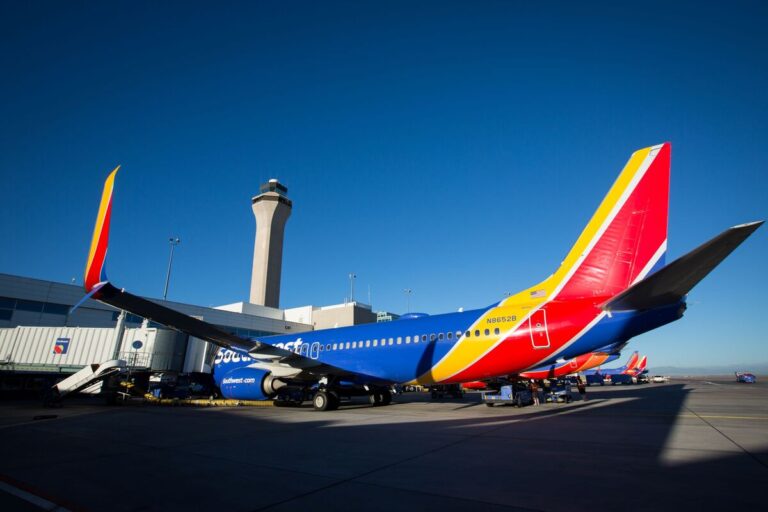
Southwest Airlines has retracted its financial projections for 2025 and 2026, citing a significant downturn in leisure travel demand and broader macroeconomic uncertainties. The airline had previously anticipated earnings of $1.7 billion in 2025 and $3.8 billion in 2026 but now states it cannot affirm those figures.
The company attributes the weakened outlook to several factors, including the U.S. trade war under President Donald Trump, which has led to a volatile economic environment, reducing consumer confidence and discretionary spending. Additionally, Southwest faces challenges in adapting its revenue management to current booking patterns, leading to a projected decline in revenue per available seat mile (RASM) of 4% to 4.5% in the second quarter compared to the previous year.
In response to the declining demand, especially in the domestic leisure travel segment, Southwest plans to cut flight capacity and revamp its business model, including introducing bag fees and basic economy seats. Despite these changes, the airline has not reported significant defections from customers.
The airline industry as a whole is experiencing similar challenges, with other carriers such as Delta, American Airlines, and United also adjusting their forecasts due to weaker travel demand amid economic uncertainties. Analysts from Bank of America suggest that the airline industry may continue to face challenges until economic stability improves.
Southwest’s stock price has been impacted by these developments, reflecting investor concerns over the airline’s financial outlook and the broader industry challenges.

